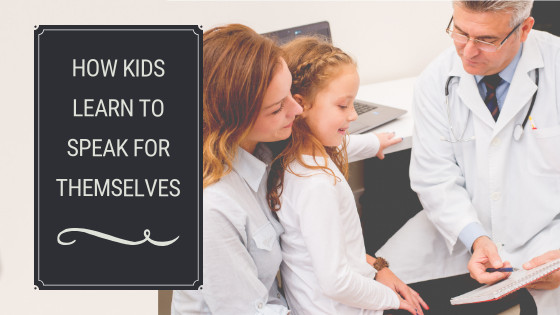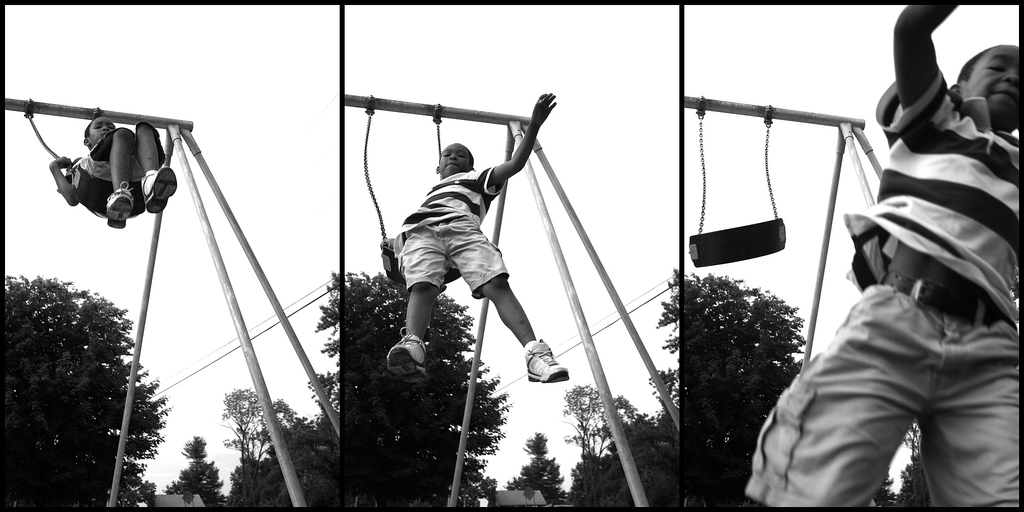A few days ago, I was sitting next to our daughter at the DMV (Dept. of Motor Vehicles). She leaned over and said to me, “Mom, we should just go and talk to them.”
I said, “No, people are scary. Let’s wait until our number is called.”
She pointed to the counter said, “I can go and wait there and ask them.”
I acquiesced, “Ok. If you walk up, I’ll stand there with you.”
We walked up to the counter and I stood next to our daughter. She just turned 16 and she was determined to get her driver’s license.
She had all the paperwork; she’d taken the tests. All she needed was her photo taken.
But the system at the DMV had been shut down for 2 days. And this was her fourth trip to see if it was fixed.
A man behind the counter, saw us waiting and asked, “Do you have a question?”
She walked over to him while I trailed behind.
She patiently explained the situation while holding back her tears, “I’ve got all my paperwork done for my license. All I need is my photo taken. Is the computer still broken?”
“Yes,” he said.
She persisted, “We’ve been here 4 times already. I really need to be able to drive so that I can get to my work. Is there anything that you can do?”
“Let me check. I’ll be right back,” he said as he disappeared into a back office.
A moment later he returned and said, “I can give you a temporary license, good for 21 days….”
He filled out a form and we were done.
As we walked out the door, I said to her, “Wow, who was the grown-up there? It wasn’t me. It was you!”
She spoke up for herself. She was polite and determined. And she got what she wanted.
Afterwards, I started asking myself, “What had she learned from us that helped her to advocate for herself even when I wasn’t role modeling it for her?”
Is it possible to teach kids to speak up for themselves?
We believe the answer is “yes”, kids can be taught to advocate for themselves.
How do you do it?
Here are 4 simple strategies that you can use–even with young children–to help them speak up for themselves
Prep kids beforehand
- Talking about a situation beforehand is often a great way to help a child learn to self-advocate. You can even practice or role-play skills ahead of time. Here are some examples of what you could do:
- Your child can practice ordering food or a drink.
- She could practice asking the doctor questions about her health.
- You can talk about what to do when interacting with a teacher, police officer, or another adult.
- Talk about what to do in an uncomfortable situation with a peer, friend or significant other.
- Teach kids to trust in their “gut” and their intuition. Their gut is their body’s way of steering them towards safety.
Ask kids questions
- Even young children can have great ideas about how to solve problems. When your child is struggling, ask them about their own solutions before offering your own. Here are some questions to ask:
- What ideas do you have for solving this?
- Have you ever been in a situation like this in the past?
- What have you done in the past to solve similar problems?
- Have you seen other people solve issues like this before? What did they do?
- What have you already tried?
Avoid rescuing your child
- Our parental instinct to protect and help our kids is strong. Yet, making mistakes is how kids–and adults–learn. Babies learn to walk by falling down. When you want to jump in and help, first ask yourself:
- Is my help actually going to be helpful to my child?
- Will my help rob my child of her learning?
- What are the possible consequences of not helping? Can I live with those consequences?
- If I don’t help, what could my child learn from this situation?
- Besides me, who else could my child get help from?
Process afterward
- When things don’t go according to your child’s plan help him reflect on the experience. You can ask him:
- How are you feeling about this situation?
- What were the best/worst parts of this situation?
- Is there anything that you wish you did differently?
- In the future, is there anything that you will do differently?
Supporting kids to speak up for themselves–especially at an early age–sets the foundation for them to advocate for themselves. Speaking up is a skill that they will need in future relationships and friendships, work, and in the community.
Speaking up is how we solve problems, fix injustice, and create change in the world.
Listening to kids respectfully and helping them use their voice gives kids the message “You are powerful, you are strong, you are capable. You are a doer and shaper of the world.” These are potent messages.
The skill of speaking up and self-advocating affects all parts of a child’s life.










Thanks, Arslan. Glad the article resonated with you.